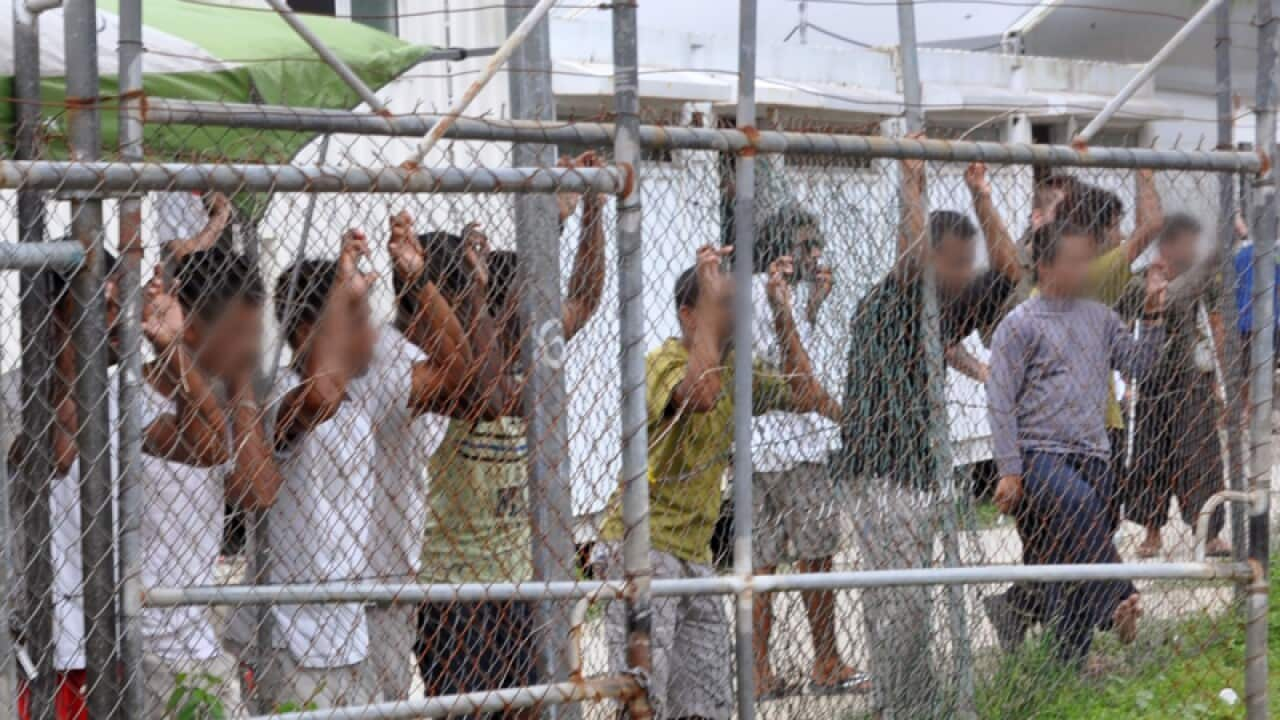As Iran’s Foreign Minister Mohammad Javad Zarif came to Canberra this week for talks to increase economic ties, his Australian counterpart Julie Bishop hoped to finalise an agreement to return thousands of failed Iranian asylum seekers. Even more reason then for human rights to feature high on the agenda.
Last year the use of the death penalty in Iran soared to its highest level in a decade. The United Nations special rapporteur says Iran executed between 996 and 1054 people in 2015, mostly for drug offenses. Children feature on the long list of those executed. Amnesty International confirmed the execution of four child offenders last year: Javad Saberi, Vazir Amroddin, Samad Zahabi, and Fatemeh Salbehi.
Iranian authorities continue to clamp down on free speech and peaceful dissent. Revolutionary courts have handed down harsh sentences against social media users, including several death sentences. People affiliated with banned opposition parties, labor unions, and student groups are routinely prosecuted. Ethnic and religious minorities are persecuted and women face widespread discrimination. And Iran continues to imprison dozens of activists and human rights defenders for their peaceful or professional activities.
Bishop said she raised rights concerns with Zarif. Interestingly, it was Zarif who criticised Australia publicly this week, describing the treatment of people seeking asylum, including Iranians, in offshore detention as “unconscionable.”
Australia has a dismal track record on refugee rights. This includes failing to respect international standards for asylum seekers and refugees, abuses in its controversial offshore processing system, and outsourcing its refugee obligations to other countries. These failures have exacted a heavy human toll.
Some recognised refugees sent to Manus Island in Papua New Guinea say Australian officials have offered them A$10,000 (US$7,500) to return home. Yet rather than enticing refugees to return to a country where they would be in danger, the government should be offering people an opportunity to move on with their lives in safety and certainty in Australia or elsewhere, not leaving them to languish in limbo on remote Pacific islands.
In the rush to welcome Tehran in from the cold, Australia should not trample over the rights of vulnerable Iranians.
Share


